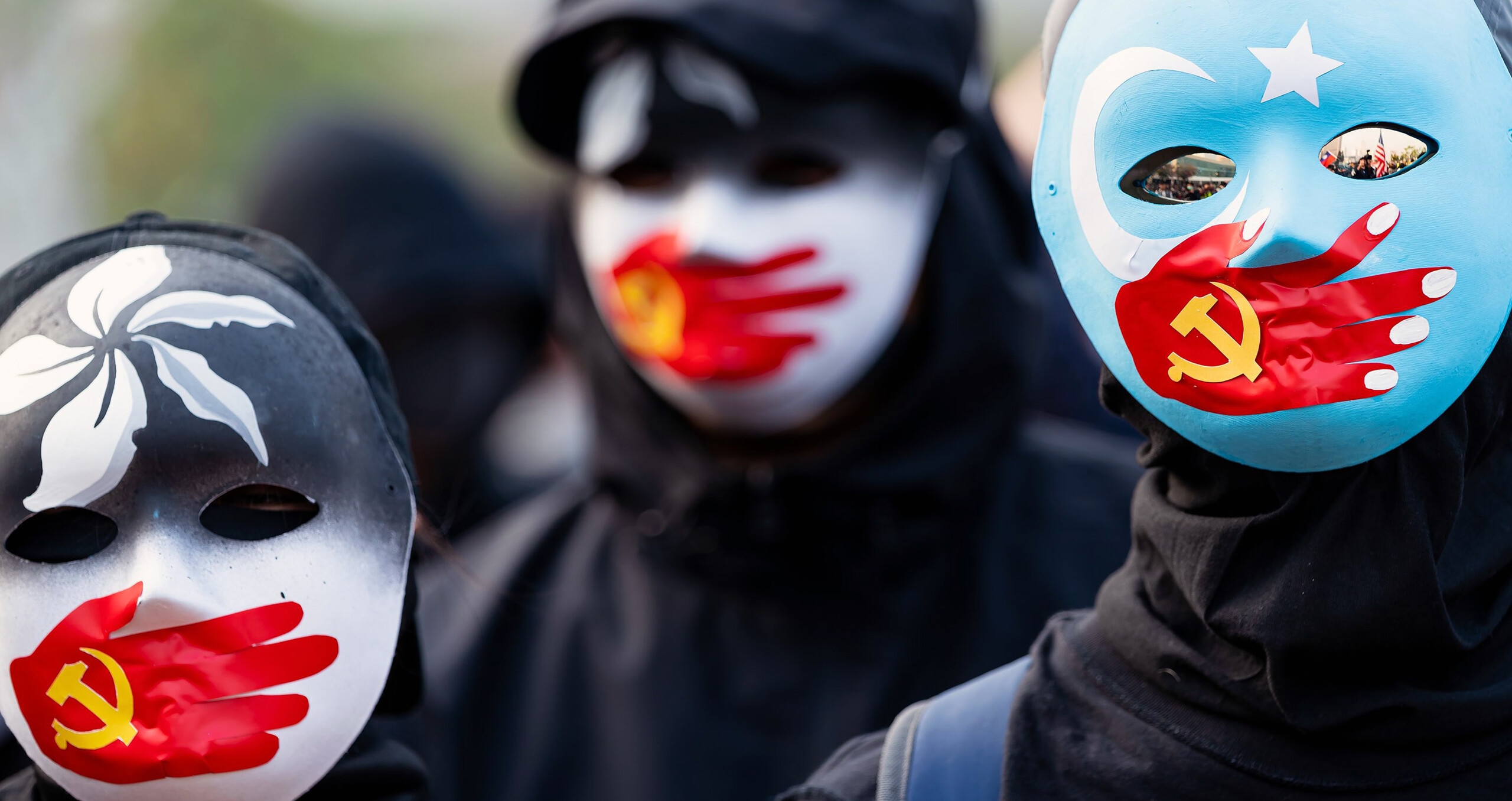Raped and forcibly sterilized: Muslims in China’s ‘re-education’ camps

Raped and forcibly sterilized: Muslims in China's 're-education' camps
An international call for action has been made following continued reports of human rights abuses against thousands of Uyghur people, who are being held in Chinese ‘re-education’ camps (BBC, 2021). An in-depth investigation recently published by the BBC has led to even greater concern, exposing the systematic rape of women held in the camps (Hill et al., 2021), which have been compared to concentration camps (Jack, 2020).
Who are the Uyghurs?
The Uyghurs is a group of people living in the semi-autonomous Xinjian region of north-western China. The Muslim ethnic minority, who speak a Turkic derived language and are thought to be Turk ancestors, have inhabited the region for centuries, making up nearly half (11 million) of the region’s population (Forrest, 2021).
In recent years, the community has been targeted as part of a Chinese government initiative to combat terrorism. Thousands of Muslims from the region are being incarcerated without trial in purpose-built internment camps (Sudworth, 2018).
The camps that China does not want you to know about
The full extent of what happens in China’s re-education camps, as the nation’s authorities refer to them as, was revealed in a 2018 report. A comparison of satellite imagery of a piece of land in western China taken from 2015 and 2018 showed a desolate area had transformed into a large compound, surrounded by a 2km wall with multiple watch towers running along it (Sudworth, 2018).
Within this large compound, Muslim minorities are sent to be re-educated. This re-education has been claimed by Chinese authorities to be a way of preventing extremism. The government says that this is carried out through Chinese language lessons, work skills, and legal theory (Sudworth, 2018).
In an article from August 2020, President of the Uyghur Foundation and senior advisor to the World Uyghur Congress, Dr. Erkin Sidick, stated that “The situation is much, much, worse than what is being reported. The Uyghur people have disappeared. Death is everywhere right now.” It has been estimated that up to nine million Uyghur people are unaccounted for in China (Werlemann, 2020).
Since the camps’ uncovering, reports of continued abuse has been ongoing. The most recent report by the BBC, details first-hand accounts of women who have been “systematically raped, sexually abused, and tortured” (Hill et al., 2021).
According to the BBC investigation, one woman shared how she was forced to strip other female prisoners, handcuff them, and then wait in another room whilst a man (police or civilian) went into the room of the handcuffed woman and sexually abused her.

Article by
Costadina Tsoukala-Steggell

Categories
Anti-slavery, Categories, China, Countries, Equality, Genocide, Health, Human rights, News, Peaceful religious freedom


